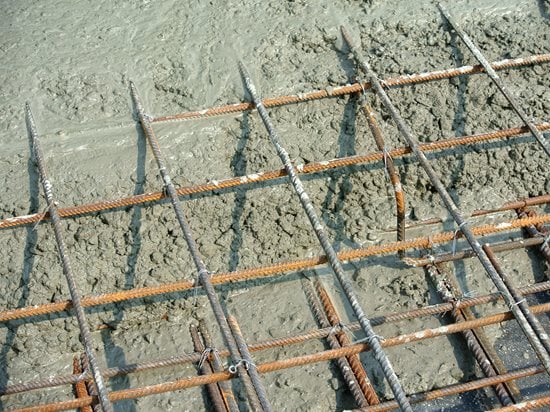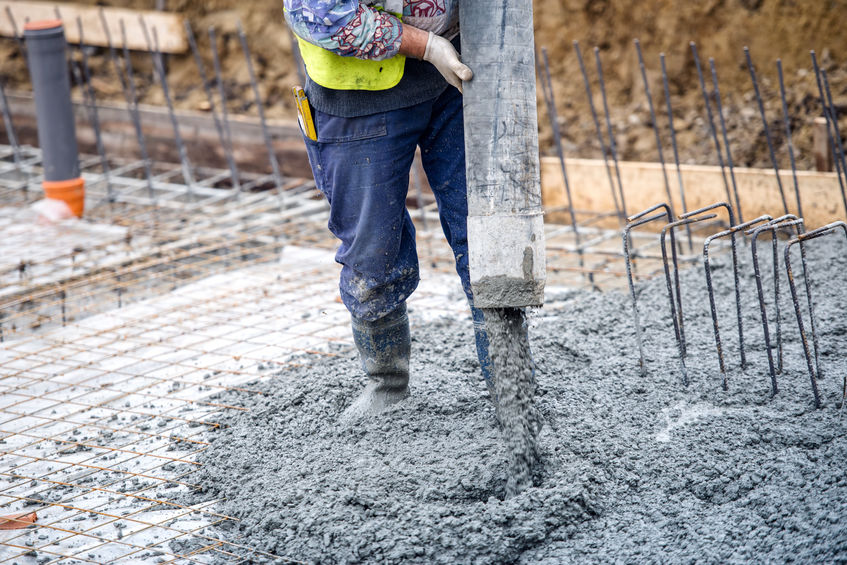This article provides an in-depth analysis of the pros and cons of fiber mesh concrete. Discover the advantages of incorporating fiber mesh into concrete, such as increased tensile strength, crack resistance, and durability. Furthermore, explore the potential drawbacks, including higher material cost and challenges during the pouring and finishing processes. By understanding the benefits and limitations of fiber mesh concrete, you can make an informed decision about whether it is the right choice for your construction project.
Understanding Fiber Mesh Concrete
Fiber mesh concrete, also known as fiber-reinforced concrete, is a composite material that incorporates fibers into conventional concrete. These fibers, typically made of materials like synthetic fibers or steel, are added to enhance the concrete’s mechanical properties and improve its performance under different conditions.

Pros of Fiber Mesh Concrete
Increased Tensile Strength: Fiber mesh concrete exhibits higher tensile strength compared to traditional concrete. The fibers distribute stress more evenly throughout the structure, reducing the risk of cracks and enhancing overall durability.
Crack Resistance: The addition of fibers in the concrete matrix helps control and minimize crack formation. Fiber mesh concrete can withstand shrinkage and temperature-induced stresses, resulting in improved crack resistance.
Improved Durability: The presence of fibers enhances the durability and lifespan of the concrete. Fiber mesh concrete is more resistant to abrasion, impact, and freeze-thaw cycles, making it suitable for high-traffic areas and harsh climates.
Cons of Fiber Mesh Concrete
Higher Material Cost: Fiber mesh concrete generally has a higher material cost compared to traditional concrete. The additional cost of incorporating fibers needs to be considered when budgeting for the project.
Pouring and Finishing Challenges: The presence of fibers in the concrete mixture can pose challenges during the pouring and finishing processes. Special attention needs to be given to ensure proper fiber distribution and avoid fiber balling, which could affect the final surface finish.
Limited Availability of Fiber Types: The availability of different fiber types may vary depending on the location and supplier. This limitation may restrict the choice of fiber materials for specific project requirements.

Conclusion
Fiber mesh concrete offers several advantages, including increased tensile strength, crack resistance, and improved durability. These benefits make it a suitable option for various construction projects. However, it is essential to consider the potential drawbacks, such as higher material costs and challenges during pouring and finishing. By carefully evaluating the pros and cons of fiber mesh concrete, project managers and contractors can determine whether it aligns with their specific needs and budget. Ultimately, the decision to use fiber mesh concrete should be based on a thorough assessment of the project requirements and long-term goals.